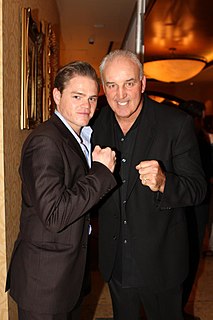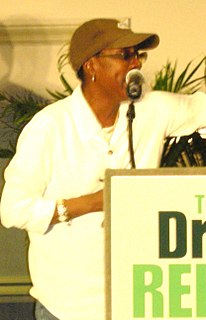A Quote by Mitchell Baker
I've learned that for many people, change is uncomfortable. Maybe they want to go through it, and they can see the benefit of it, but at a gut level, change is uncomfortable.
Related Quotes
Leadership is scarce because few people are willing to go through the discomfort required to lead. This scarcity makes leadership valuable...It's uncomfortable to stand up in front of strangers. It's uncomfortable to propose an idea that might fail. It's uncomfortable to challenge the status quo. It's uncomfortable to resist the urge to settle...If you're not uncomfortable in your work as a leader, it's almost certain you're not reaching your potential as a leader.
That 'change makes us uncomfortable' is now one of the most widely promoted, widely accepted, and under-considered half-truths around. [I]t is not change by itself that makes us uncomfortable; it is not even change that involves taking on something very difficult. Rather, it is change that leaves us feeling defenseless before the dangers we 'know' to be present that causes us anxiety.
Dont ever be impressed with goal setting; be impressed with goal getting. Reaching new goals and moving to a higher level of performance always requires change, and change feels awkward. But take comfort in the knowledge that if a change doesn't feel uncomfortable, then it's propably not really a change.
We are a people that let the small things just go by because it's a little uncomfortable and nobody wants to ruffle a feather. If you're quiet and you're watching it, you're just as much at fault as the person there. You're watching a victim be berated and you're standing by, knowing that feeling in your gut that it's wrong. Now you have a tool in order to change that.
I can say, 'I am terribly frightened and fear is terrible and awful and it makes me uncomfortable, so I won't do that because it makes me uncomfortable.' Or I could say, 'Get used to being uncomfortable. It is uncomfortable doing something that's risky. But so what? Do you want to stagnate and just be comfortable?'
I think it's only through learning, and doing something uncomfortable, that you can actually change. That's why I wanted to do a play. I was so scared of it and I knew my brain would really be stretched and it was going to be hard. And it was hard and uncomfortable. Instead of naturally wanting to avoid all those feelings I need to lean toward them more. But saying that, don't ask me to make a lasagna or a Coq au vin.



































